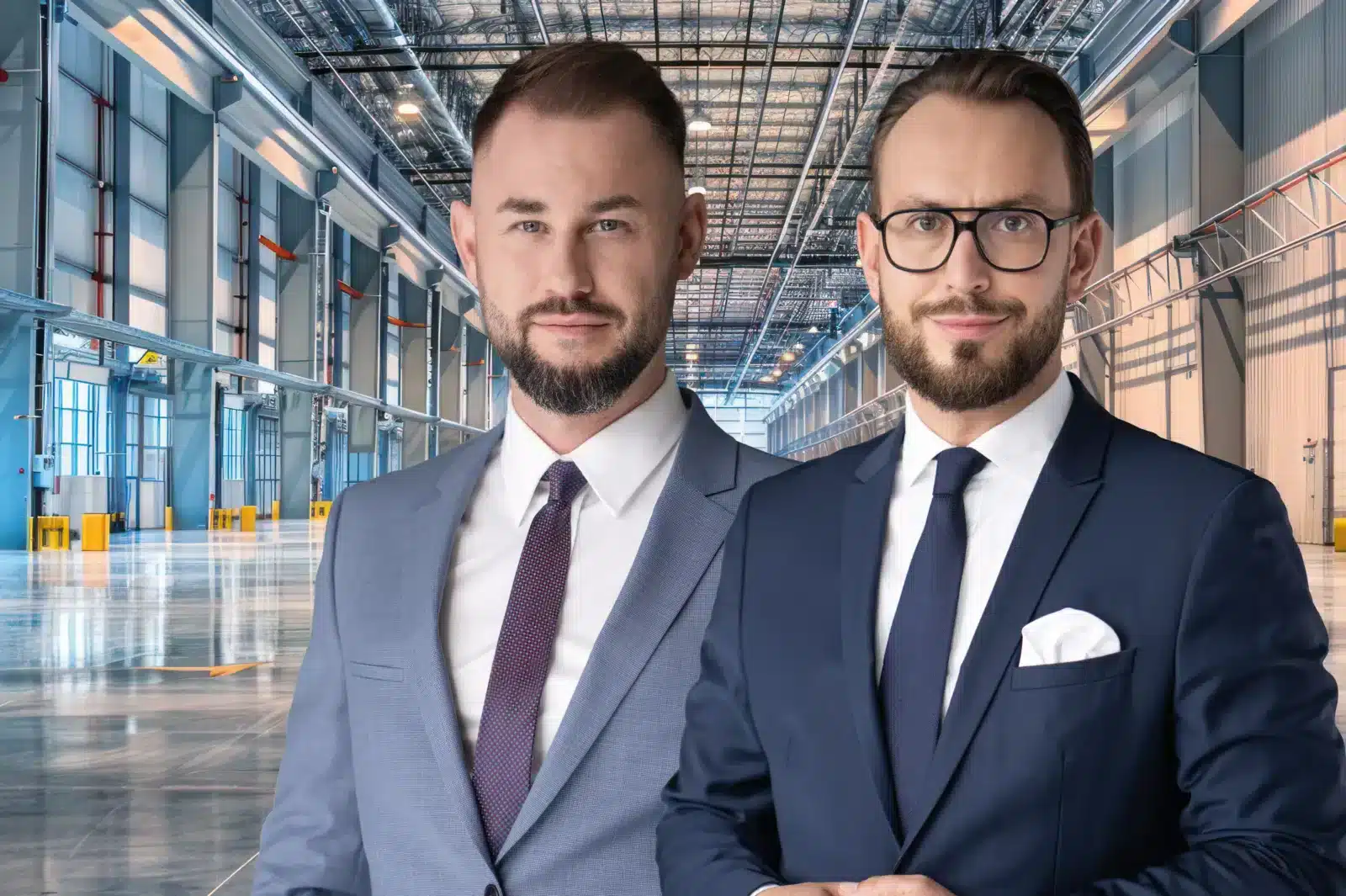Companies that rent warehouses are increasingly utilizing advanced technologies and must meet their target customers’ demands while also looking after their employees. Standard halls in warehouse parks are no longer sufficient. They need personalized warehouses and tailor-made solutions – say Jakub Kurek, Director of Industrial and Warehouse Space Department, and Michał Kozar, Associate Director in the Department of Industrial and Warehouse Space at Newmark Polska.
At the end of June this year, more than one quarter of the country’s warehouse resources, or about 9 million sqm, were of the Build To Suit (BTS) type, meaning they were designed and built according to individual customer preferences and needs. Another almost 450,000 sqm were under construction. “Despite the decline in supply of modern warehouse space in recent years, we still see a strong demand for tailor-made spaces. According to Newmark Polska’s statistics, last year companies signed lease agreements for over 931,000 sqm of BTS warehouses, and in the first half of this year for close to 460,000 sqm,” informs Michał Kozar, Associate Director in the Department of Industrial and Warehouse Space at Newmark Polska. He adds that the largest transaction in this period was leasing by an e-commerce company of over 265,000 sqm of BTS space within the P3 Wrocław Park. Since the beginning of last year, contracts for over 100,000 sqm were also signed by Inditex (DL Invest Psary), Raben (CTPark Warsaw West), and LPP Logistics (Bydgoszcz Białe Błota Logistics Center).
Industries opting for BTS prefer to choose the Śląskie voivodship, followed by Kujawsko-Pomorskie, and Lubuskie. “The leading locations for BTS clearly show the sectors that most often require personalized spaces. The e-commerce sector, which has developed due to good access to the labor market and relatively lower wages in Kujawsko-Pomorskie and Lubuskie, has been driving this market for several years. An additional advantage of the latter was its proximity to Germany,” explains Jakub Kurek, Director of the Department of Industrial and Warehouse Space at Newmark Polska. The expert mentioned the construction of a BTO warehouse in Sulechów for TK Maxx as one of the interesting examples in this region. The products from Sulechów are transported to over 250 TK Maxx stores in Poland, Holland, Austria, and Germany.
Now, key players in the BTS market are supermarket chains like Auchan, Intermarché, and Stokrotka. They need to ensure the right conditions for their food products in terms of temperature, humidity, and strict sanitary regulations, which requires special adjustments. Hence, they often choose to have their own warehouse, a solution chosen by networks such as Dino, Lidl, and Biedronka.
Another important customer for BTS project services are manufacturing companies, which prefer to locate their plants in the Śląskie Voivodeship. However, compared to e-commerce, manufacturers require much smaller spaces, on average 20 – 30,000 sqm, and up to a maximum of 50,000 sqm.
When it comes to choosing a location for a warehouse, producers, supermarket chains, and e-commerce businesses often don’t find ready-made buildings that meet their demands. At the same time, adapting a ready-made hall to the needs and requirements of a company can be too costly and usually impractical. When choosing a warehouse under the Build To Suit or Build To Own system, a tenant can influence many aspects of the investment, starting from the choice of the plot. A warehouse can be built on land belonging to the developer or the client, if we are talking about an owned warehouse (Build To Own, BTO). The plot, its size, shape, and location is one of the first decisions made by the client together with their advisor and developer, explains Michał Kozar.
There are risks associated with building in the BTS system. Once the lease contract ends and the tenant relocates to another building, the developer may struggle to rent out the adapted space. Therefore, any company opting for a tailor-made warehouse must be prepared to sign a contract for 10 years or longer. The higher the investment and the more specific technologies the building requires, the longer the lease period the developer will expect.
Another issue is cost: due to the numerous adaptations and attention to detail as per client guidelines, a warehouse constructed under the BTS/BTO system will usually be more expensive. However, regardless of these challenges, BTS continues to thrive in Poland, as its development is strongly tied to the overall geopolitical and economic situation in the country. Companies from leading sectors in BTS leasing, like manufacturing and trade (including e-commerce), can be encouraged to invest in the country by the favorable tax and customs regulations, as well as the country’s political and economic stability – concludes Michał Kozar.
Source: https://managerplus.pl/deweloperzy-jak-krawcy-jest-popyt-na-magazyny-szyte-na-miare-44529
